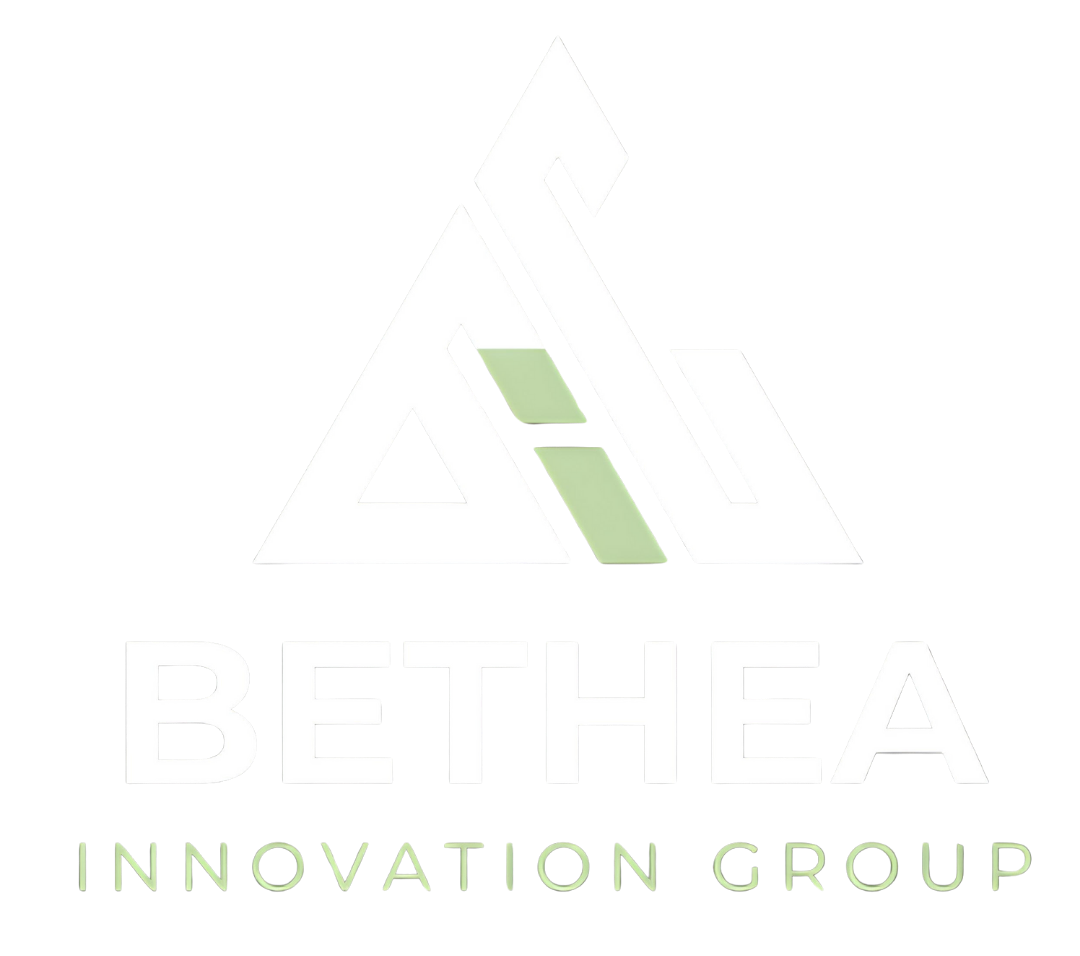1. Introduction: The Significance of Fishing in Human History and Culture
Since ancient times, fishing has shaped human survival, identity, and cultural expression. From the earliest spearfishing in coastal caves to sophisticated deep-sea trawling, fishing reflects our enduring relationship with water and the sea. Today, this ancient practice evolves not just in skill, but in technology—transforming not only how we catch fish, but how communities remember, adapt, and govern their coastal lives. This journey from marathon records to data-driven innovation reveals fishing as both a heritage and a dynamic force.
Fishing’s role extends beyond food production. It anchors rituals, markets, and storytelling across generations. In many coastal societies, seasonal fishing festivals celebrate not just abundance, but ecological balance and ancestral wisdom. Yet, as modern tech accelerates catch efficiency and monitoring, communities face the challenge of preserving cultural depth amid rapid change.
The shift from record-setting to sustainability marks a pivotal transformation. Once driven by human endurance and competition—like the modern marathon fishing events that once dominated headlines—today’s record holders often embrace GPS-enabled sonar, real-time data sharing, and catch limits that support long-term stock recovery. This evolution reflects a deeper understanding: survival depends not on individual triumph alone, but on collective stewardship rooted in local knowledge.
Advanced technologies now empower fishermen to record catch locations, species diversity, and environmental conditions—data that feeds into community-managed conservation programs. For example, in Norway’s coastal villages, digital logbooks synchronized with national databases help track fish migration patterns and inform sustainable quotas, merging tradition with predictive analytics.
This integration deepens cultural pride. Younger generations, trained in both ancestral techniques and modern tools, become guardians of heritage and innovators of practice. The legacy of fishing thus transforms from solitary feats into shared responsibility—where technology enhances, rather than erases, cultural identity.
Explore the full narrative and data behind this evolution in The Evolution of Fishing: From Marathon Records to Modern Tech, a foundational exploration of how tech and tradition converge.
2. Tradition Reimagined: The Cultural Impact of Technological Integration
“Technology is not a replacement for tradition—it is its amplifier.”
The fusion of ancestral fishing methods with cutting-edge tools redefines heritage, preserving rituals while adapting them to modern realities.
- Adaptation of ancestral techniques: Traditional hand-crafted nets, now digitized into precision-engineered materials, maintain cultural authenticity while improving durability and catch efficiency.
- Balancing innovation and ritual: Coastal festivals increasingly feature live data feeds showing real-time fish populations, merging age-old ceremonies with environmental awareness and public education.
- Ethical tensions: While tech boosts productivity, communities grapple with preserving equitable access and avoiding overfishing driven by automated systems.
| Aspect | Traditional Approach | Modern Integration |
|---|---|---|
| Tool Development | Hand-carved wooden poles and nets | Smart poles with sensors and AI-assisted sorting |
| Navigation | Star charts and oral memory | GPS, sonar, and real-time ocean mapping apps |
| Community Governance | Elders’ consensus on seasonal limits | Data-driven quotas shared across fisher networks |
This evolving synergy strengthens cultural continuity. By embedding technology into time-honored practices, communities reinforce identity without sacrificing progress. The result is a living heritage—one where fishing remains both a way of life and a testament to human ingenuity.
Ethical Dimensions of Technological Stewardship
As tools evolve, so do responsibilities. The true measure of progress lies not in catch volume alone, but in how technology empowers communities to safeguard both fish stocks and cultural memory. Ethical integration demands inclusive design—ensuring innovation serves local values, not external agendas.
3. Hidden Social Networks: Connectivity Beyond the Catch
Beyond the sea and the net, fishing weaves invisible threads of connection across coastal life. Modern technology—particularly digital platforms and mobile networks—has redefined how fishermen, families, and entire communities interact, learn, and support one another.
Digital spaces now serve as modern fishing villages. Apps like FishConnect and CoastalNet enable real-time sharing of weather alerts, gear loans, and catch reports, fostering collaboration across generations and villages. These tools empower even isolated communities with instant access to broader networks, reducing risk and enhancing collective resilience.
- Mentorship bridges: Video tutorials and online forums connect seasoned fishermen with youth, preserving oral knowledge while adapting it to digital formats.
- Education and awareness: Mobile learning modules teach sustainable practices, climate adaptation, and safety protocols—reaching remote coastal schools and training centers.
- Hybrid hubs: Community centers double as tech hubs and storytelling spaces, where elders share legends by firelight while youth stream live data from nearby boats.
These emerging ecosystems redefine community cohesion. Fishing ceases to be a solitary pursuit and becomes a shared endeavor—anchored in trust, shared knowledge, and mutual support.
4. The Unseen Legacy: How Modern Fishing Shapes Coastal Resilience
Technological advancement alone does not ensure survival—resilience grows from the fusion of innovation and ancestral wisdom. Today’s coastal communities face rising seas, shifting fish stocks, and economic volatility. Yet, through tech-augmented local knowledge, they adapt with agility rooted in tradition.
Climate adaptation strategies increasingly blend satellite monitoring with traditional ecological knowledge. For example, Pacific Island fishers use GPS to track warming currents while
